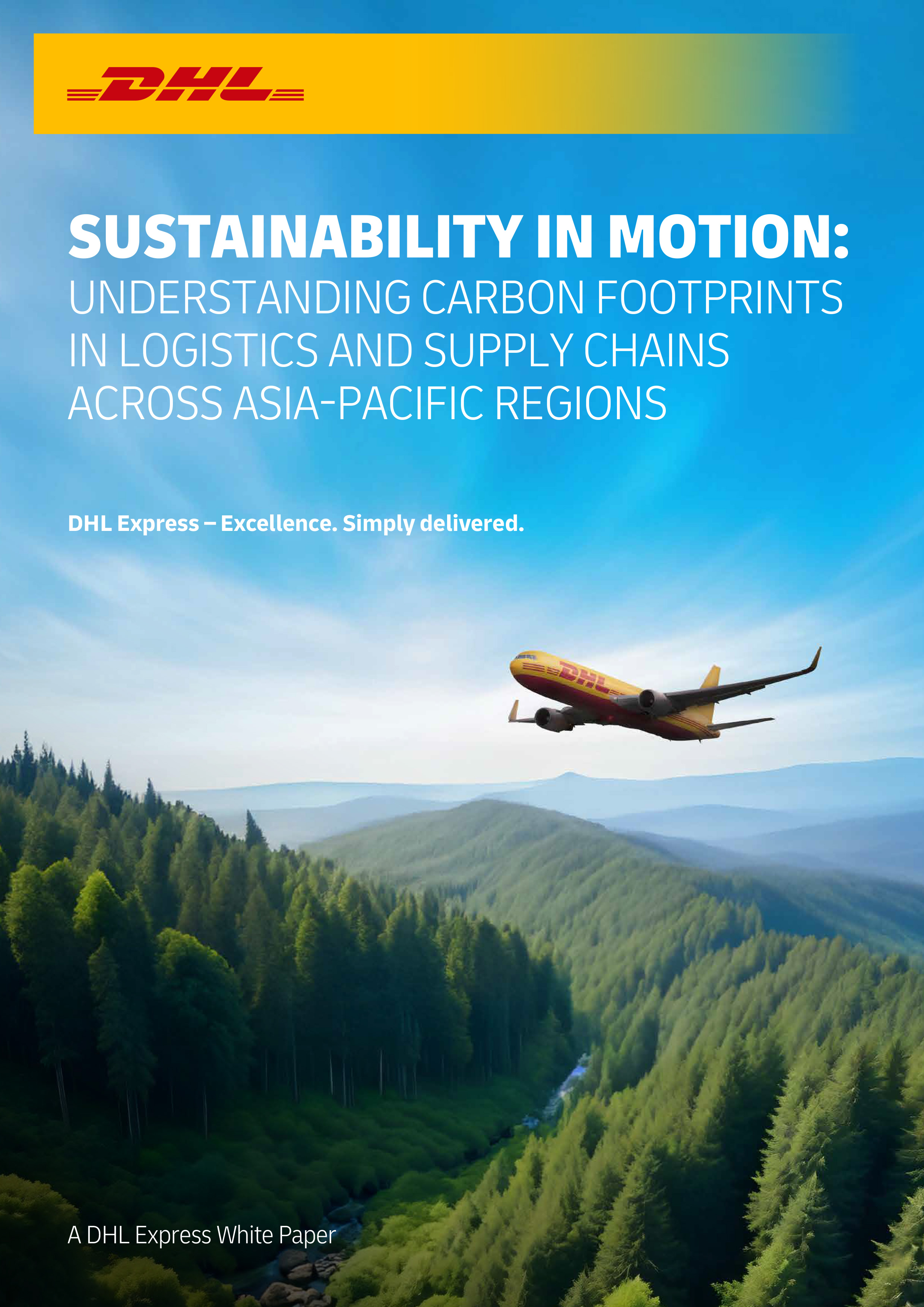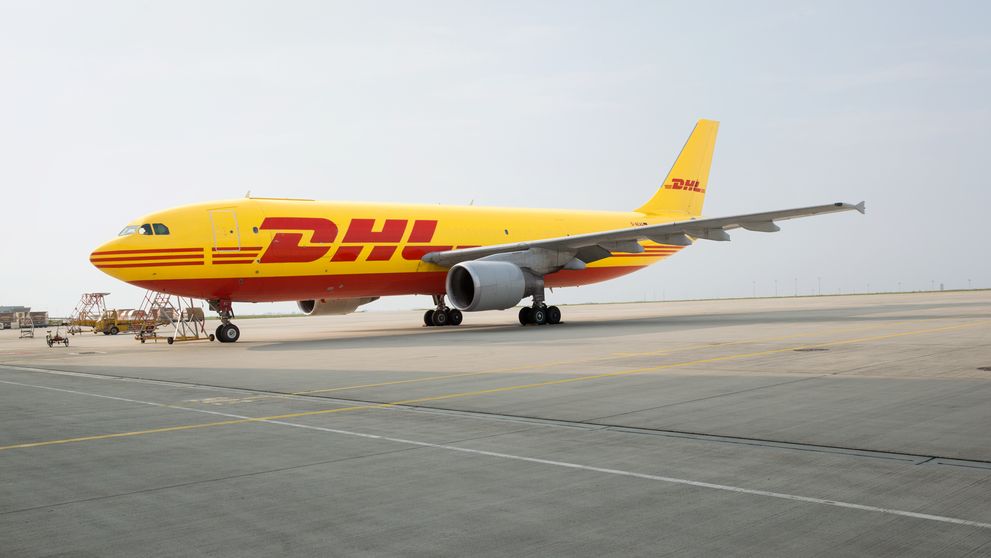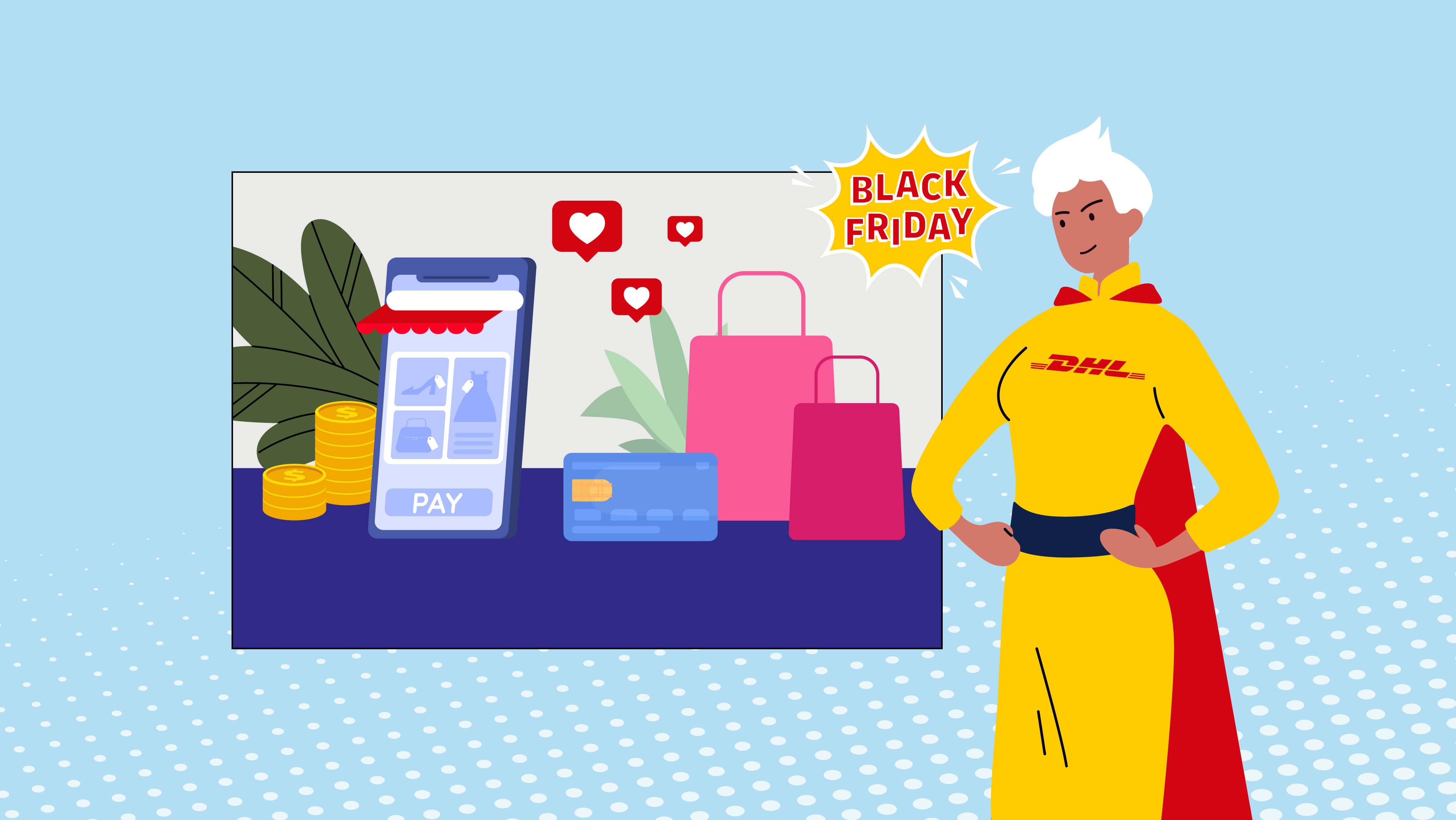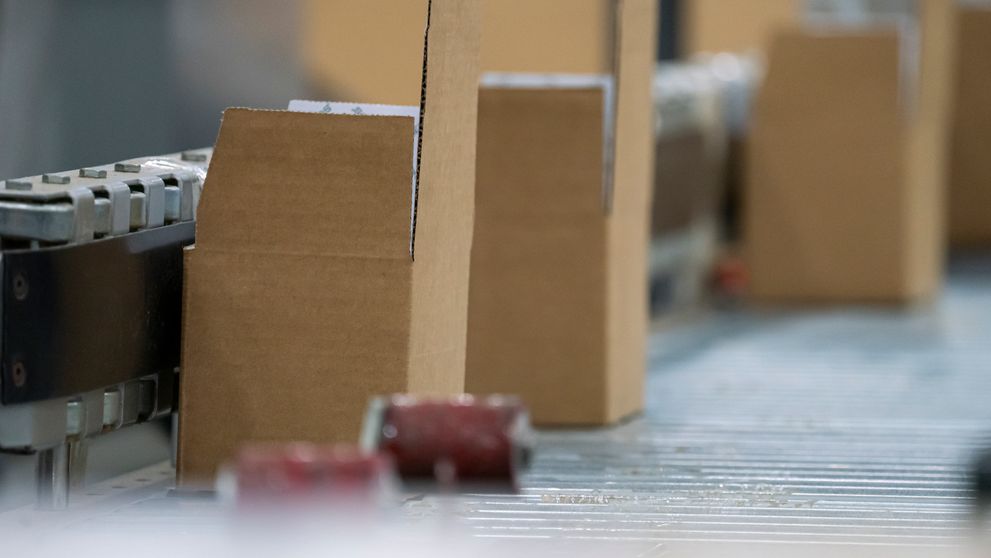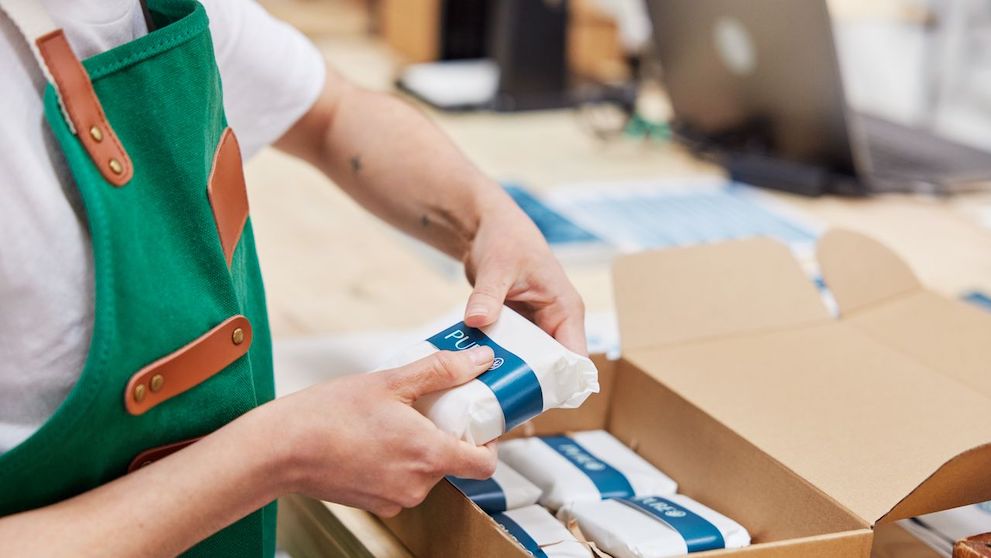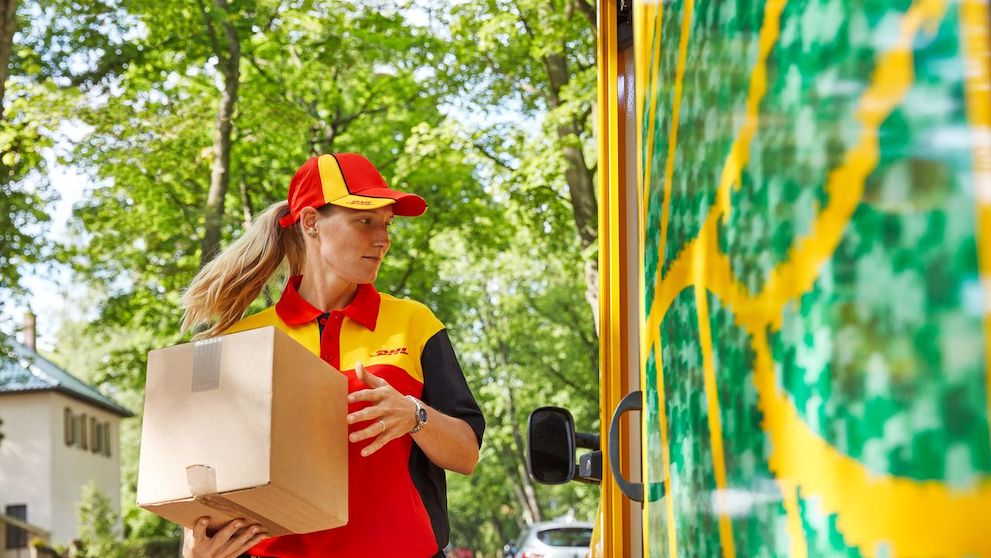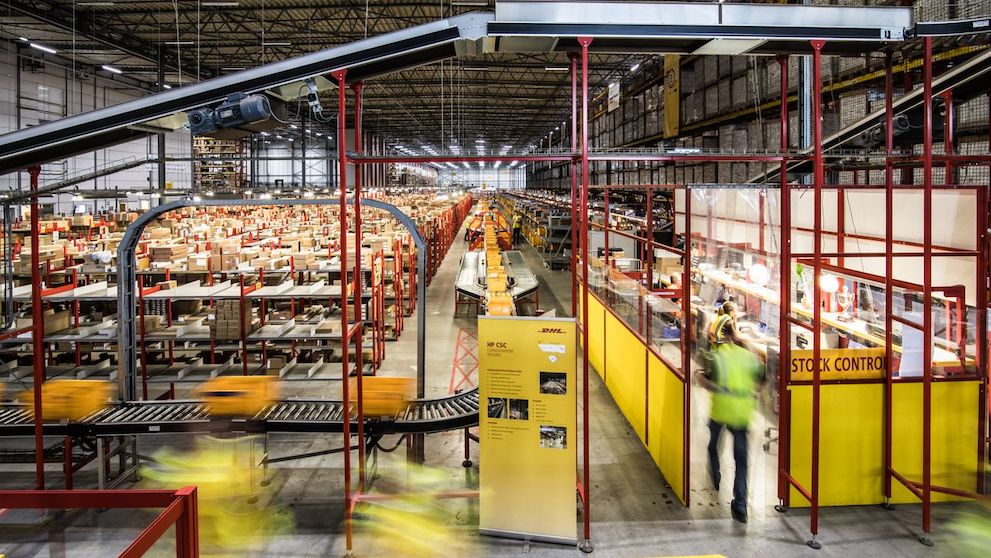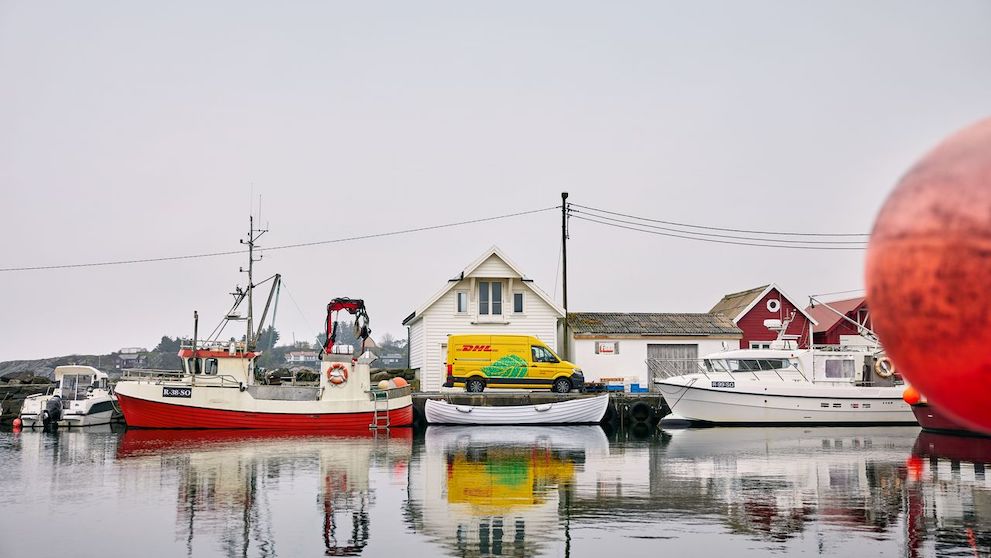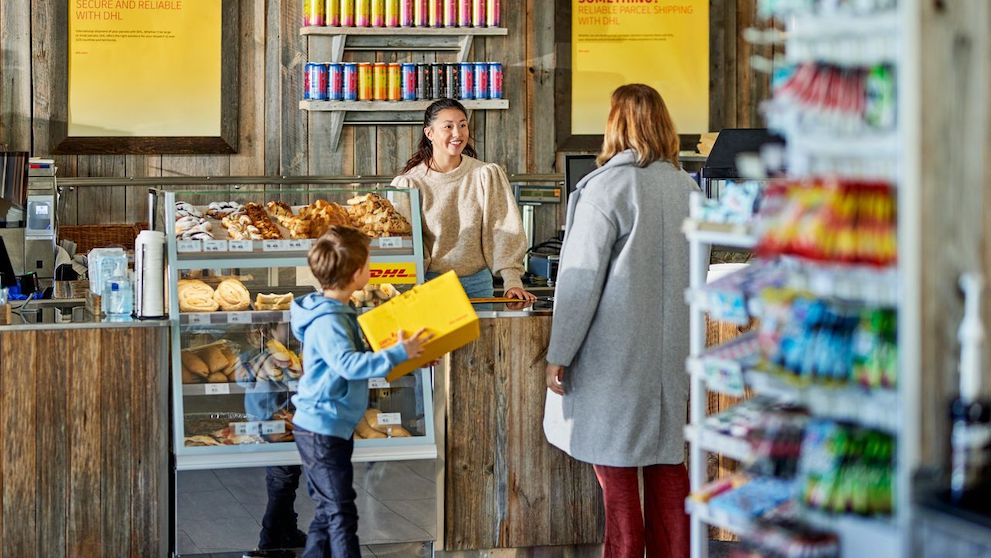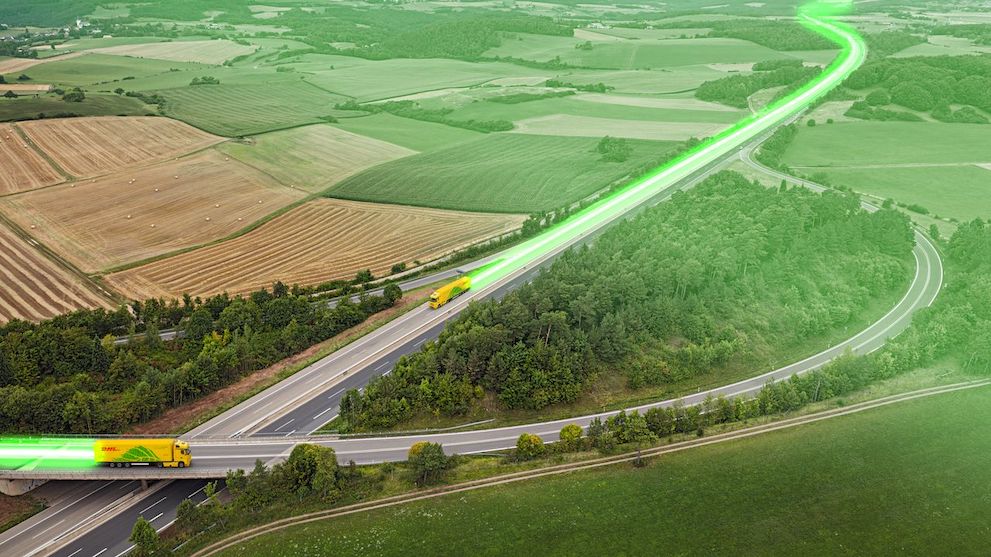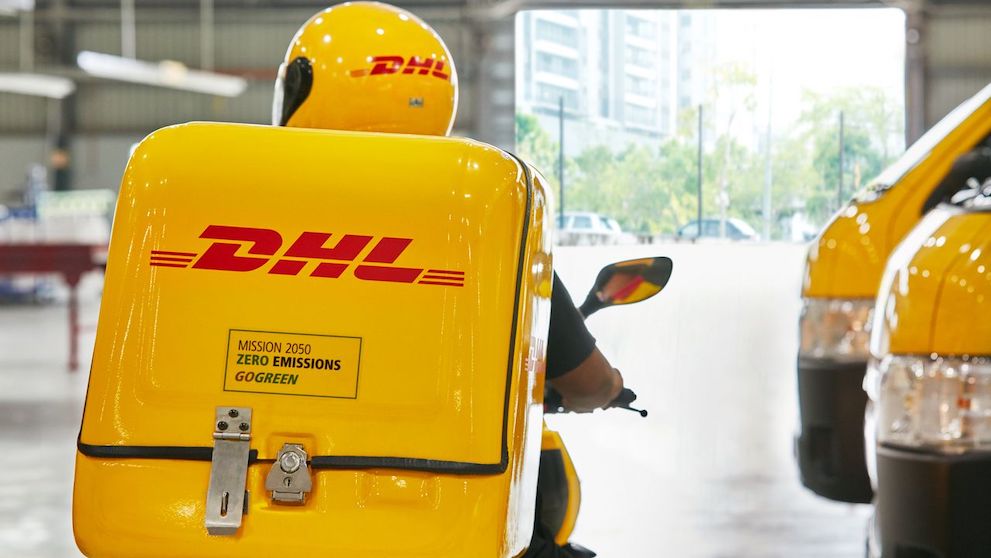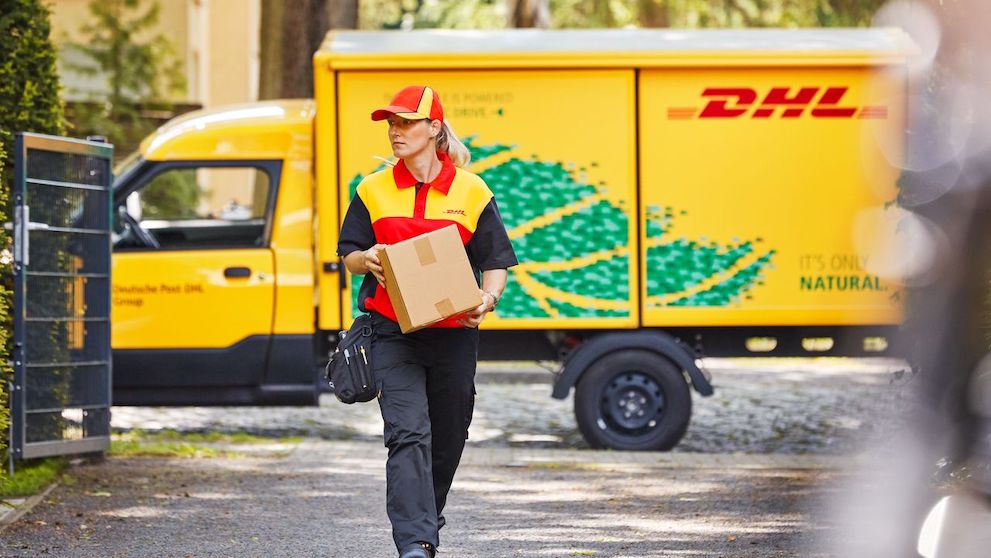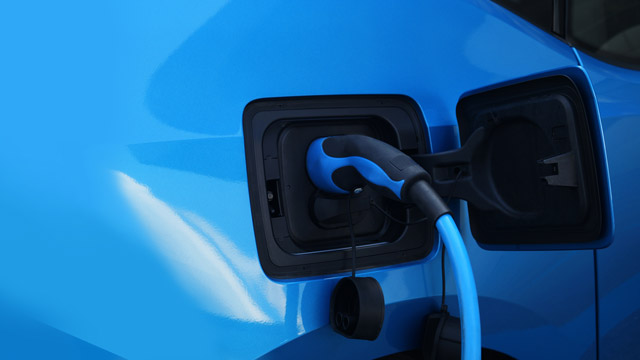In Asia-Pacific's fast-evolving market, sustainability is no longer a niche concern but a mainstream demand. The increasing consumer demand for eco-friendly products and services is reshaping business strategies across the country. For brands aiming to remain competitive, appeal to this new subset of eco-conscious consumers, and build strong customer relationships, they must find a way to integrate sustainable practices into their operations.
The DHL GoGreen Plus Whitepaper delves into these market changes, offering a comprehensive guide on how New Zealand businesses can effectively integrate sustainable practices into their operations to meet the rising expectations of consumers.
Understanding consumer trends
In New Zealand and overseas markets, one of the latest trends is the rise of eco-consciousness amongst both consumers and businesses. Globally
The 2024 ExportNZ DHL Export Barometer highlighted that more than half (56%) of New Zealand exporters think sustainability is very important or important to their logistics and supply chain.
This willingness to invest more in sustainable options underscores a growing market trend towards environmental responsibility. As consumers become more aware of the environmental impact of their purchases, they increasingly favour brands that demonstrate a commitment to sustainable practices.

Leveraging DHL Express’ GoGreen Plus programme to improve brand sustainability
DHL Express’ GoGreen Plus program is designed to help New Zealand businesses make a tangible reduction in their greenhouse gas emissions (GHG) through carbon insetting, which involves reducing emissions within a company’s own operations and value chain. This is done through the use of sustainable aviation fuel (SAF), which has been demonstrated to reduce GHG emissions by up to 80% over conventional jet fuel.
How DHL Express’ GoGreen Plus helps New Zealand businesses overcome sustainability challenges
Adopting sustainable practices can be challenging for businesses due to various hurdles such as knowing where to start, startup costs, and providing data to prove the effectiveness of their efforts. Here’s how DHL GoGreen can address these challenges:
Expertise and guidance
One of the most significant obstacles brands face when starting their sustainability journey is understanding where and how to begin. Many companies lack the necessary expertise and direction to implement effective sustainable practices. DHL GoGreen makes it easy to integrate sustainable practices into business operations with the click of a button.
Efficiency through outsourcing
The upfront costs associated with adopting sustainable practices can be challenging for many businesses. DHL GoGreen Plus addresses this challenge by allowing brands to outsource sustainability efforts to their logistics operations, eliminating the need to invest in new technologies or fundamentally change their operations.
Instead of shouldering the burden of developing and implementing green technologies in-house, New Zealand businesses can tap into DHL Express’ established infrastructure and use of sustainable aviation fuel (SAF) to meet their environmental goals. This simplifies the transition to more sustainable practices, making it easier for companies of all sizes to integrate sustainability into their operations.
Data and reporting
Demonstrating the effectiveness of sustainable practices is crucial for businesses to maintain credibility and gain customer trust. However, tracking and reporting carbon emissions and other sustainability metrics can be complex and resource-intensive.
DHL GoGreen Plus provides detailed reports that help Kiwi businesses track their greenhouse gas emissions from logistics shipments accurately. The dashboard associated with the programme allows companies to monitor their sustainability efforts in real-time, offering precise data and reports on the GHG reductions achieved by using SAF, enabling brands to highlight the impact of their sustainability efforts to customers and stakeholders.
Marketing tips: How can you highlight your sustainability efforts to your consumers?
New Bain & Company research finds that 90% of consumers in Asia-Pacific are willing to spend a premium on sustainable products, but don’t buy these goods due to a lack of information.
Effectively marketing your company's sustainability efforts can enhance your brand's appeal to eco-conscious consumers. Here are some tips to help you better promote your sustainability initiatives:
- Showcase tangible results: Highlight specific sustainability goals your brand has achieved or is working towards. Providing concrete examples builds trust and demonstrates your commitment to environmental responsibility.
- Be transparent: Openly share your sustainability practices and the steps you are taking to reduce your environmental impact. Use clear and understandable language to avoid greenwashing and ensure your message resonates with customers.
- Utilise Storytelling: Craft compelling narratives around your sustainability efforts. Share stories of how your initiatives have made a positive impact on the environment or communities. This can make your sustainability efforts more relatable and engaging for your audience.
- Engage with customers: Create opportunities for customers to engage with your sustainability efforts. This could involve interactive campaigns, sustainability reports, or opportunities for customers to participate in your eco-friendly initiatives.
Take your Kiwi brand towards a more sustainable future
Download the Sustainability in Motion Whitepaper
Understanding carbon footprints in logistics and supply chains across Asia-Pacific regions
